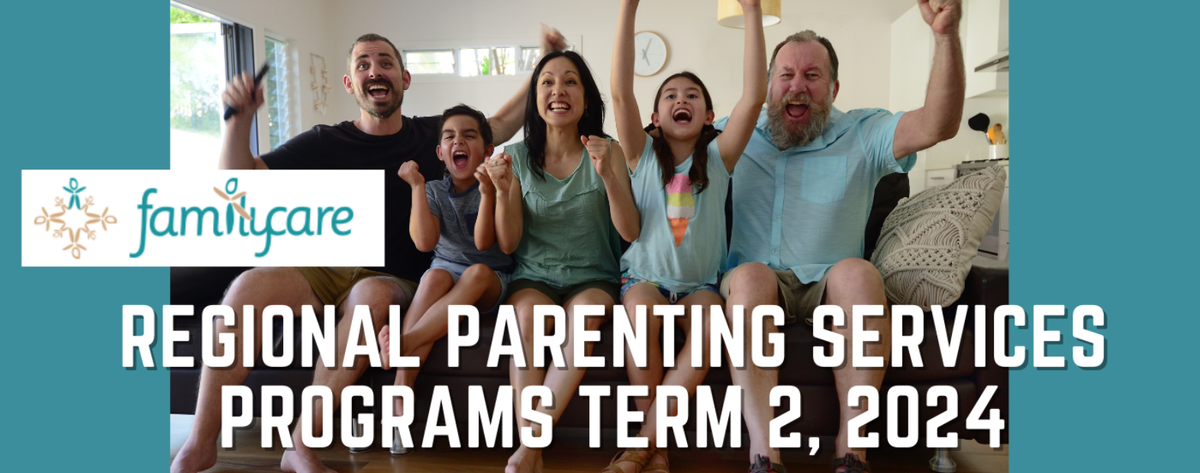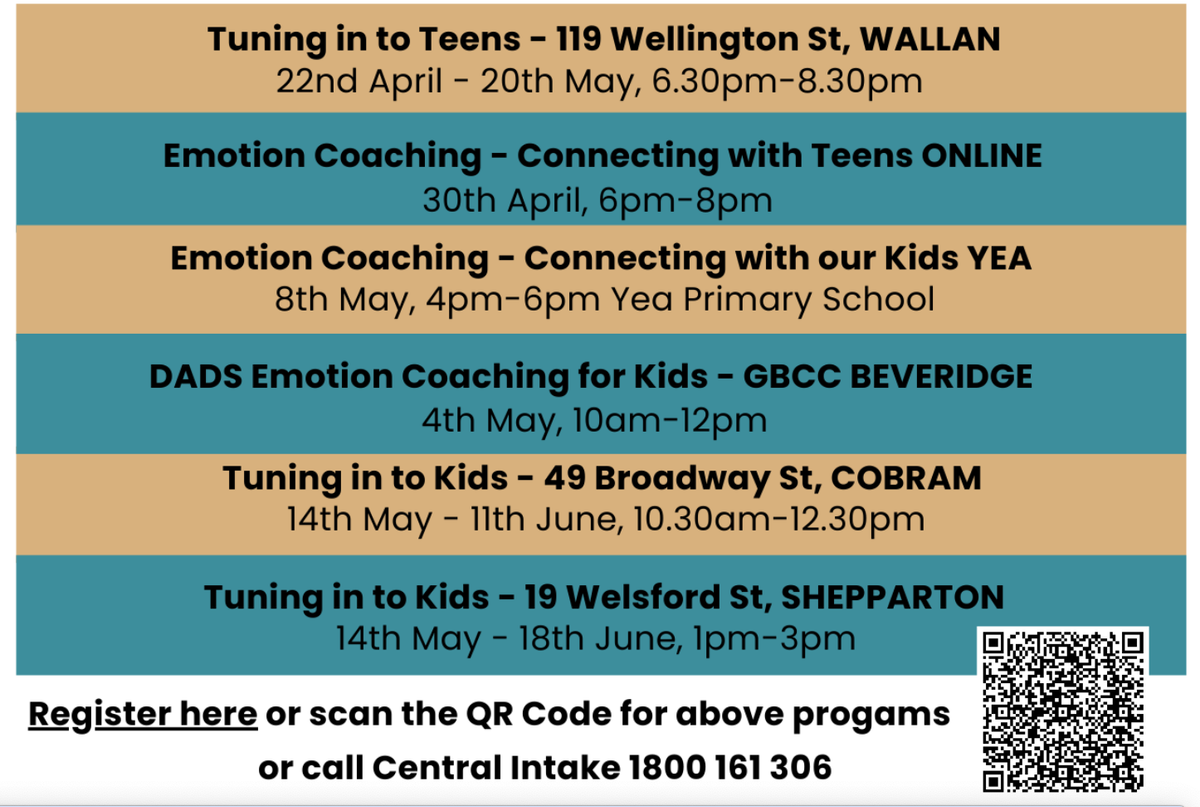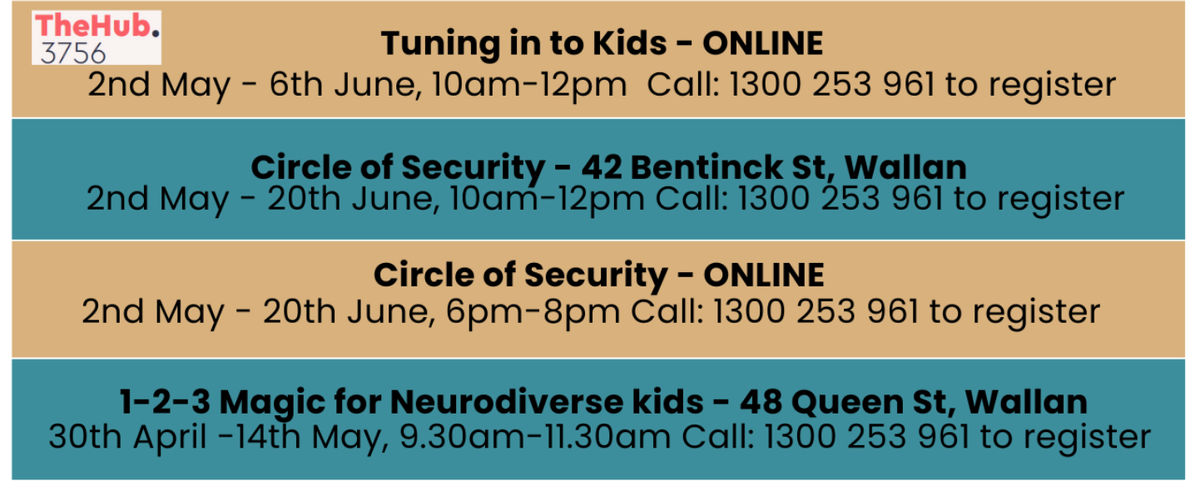BODY IMAGE
Mental Health &
Wellbeing @ St. Johns

BODY IMAGE
Mental Health &
Wellbeing @ St. Johns
Australian young people describe body image as one of their top five personal concerns. It’s estimated about 28% of males and 35% of females ages 11-24 years are dissatisfied with their appearance.
Body image may be positive and include feelings of pleasure, satisfaction, appreciation and acceptance of our body. It could be negative and include feelings of unhappiness, dissatisfaction and criticism of how we look. Of course, it may also be somewhere in between at any given time.
Our body image is influenced by many factors such as our self-esteem and social/cultural factors, especially the extent to which a person feels pressured to conform to appearance ideals (for example, thin or muscular).
Having a positive body image helps children and young people feel good about themselves and supports their mental health and wellbeing.
People with a positive body image are more likely to think about what their body can do and do things they enjoy – playing sport, climbing trees or walking the dog – rather than focusing on how their body looks. They are also more likely to look after their body in otherways, such as eating a balanced diet and having a positive relationship with food.
Children and young people with a positive body image might not necessarily be satisfied with their appearance, but their self-worth is not defined nor determined by the size, shape or appearance of their body.
Instead, they concentrate on their personal strengths and qualities that are not appearance- based. This way of thinking supports healthy self- esteem and healthy lifestyle behaviours.
Negative thoughts can lead to increased vulnerability
It’s common for people of all genders, ages, ethnicities, abilities, body sizes and shapes to have negative thoughts and feelings about their appearance or be dissatisfied with the way their bodies look. Children and young people experiencing poor body image are more vulnerable to developing unhealthy behaviours associated with food and exercise.
Learn more in the Be You Fact Sheets about how learning communities can promote positive body image and understanding disordered eating.
Obviously, screens have brought with them massive issues. But the point I want to highlight here is the diminishing frustration tolerance among our children as a result of having constant entertainment at their literal fingertips.
Frustration tolerance refers to a person's ability to withstand or cope with frustrating or challenging situations without becoming overwhelmed or reacting impulsively.
It involves managing emotions, maintaining composure, and problem-solving effectively when faced with obstacles or setbacks.
People with high frustration tolerance can stay focused, persistent, and adaptable in the face of difficulties, while those with lower tolerance may struggle more to regulate their emotions and behaviours in such situations.
It can be hard to manufacture opportunities to increase frustration tolerance for our kids when the world they have grown up in has been designed to alleviate frustration at every turn.
So we need to allow them to lean into frustration wherever possible.
Here's just a few ideas on how we can do that:


Errand Time: Take them along for boring errands. Waiting in line at the store or sitting through appointments can teach them patience and how to handle waiting without getting too frustrated. WITHOUT SCREENS!


Puzzle Challenges: Work on puzzles or problem-solving activities together. This helps them practice perseverance and finding solutions when faced with challenges.


Board Games: Play board games that require waiting for their turn. This can teach them patience, turn-taking, and how to manage frustration when things don't go their way.


Art Projects: Engage in art projects that may not turn out perfectly. This teaches them that mistakes are okay and helps them develop resilience when things don't go as planned.


Outdoor Exploration: Encourage outdoor exploration and activities that might involve unexpected challenges, like building a fort or exploring nature. This helps them adapt to changing situations and learn to overcome obstacles.






PARENTS & CARERS
This year, we are excited to bring The Resilience Project (TRP) into our school community!


The Resilience Project is committed to teaching positive mental health strategies to prevent mental ill-health and build young people’s capacity to deal with adversity.
We will be implementing their evidence-based Teaching and Learning Program throughout our classrooms, staffroom and school community. Teachers and students will engage in weekly lessons and activities around the key principles of Gratitude, Empathy, Mindfulness (GEM) and Emotional Literacy to build resilience.




The Secret to Raising Resilient Kids: Embrace (and Model) Failure
Kids are prone to making poor choices – dropping things, drawing on the wrong things with permanent marker, being selfish and struggling to share, having meltdowns, falling over, and having bumps and bruises while playing freely.
When children are protected from failing or being disappointed – regardless if this comes from a place of love – it will come at a cost later in life when a moment of challenge or setback arrives (and it will).
Joe Brumm, the creator and animator of the award winning Australian children’s television show Bluey created an episode about the game of Pass the Parcel and the old vs new rules.
The old rules of Pass the Parcel means that there is only one winner. And learning what it feels like to lose or not get what you want is a part of becoming emotionally competent. To become emotionally buoyant we need to experience emotionally challenging moments, especially when we are younger before the limbic brain grows to be more influential.
Maggie shares why modelling failure and helping our kids embrace failure, especially in the early years will set positive foundations for how to cope with failure and build resilience not only in adolescence but in adulthood too. Maggie shares examples of games you can play to help practice failing with grace and grit.
Credit https://www.maggiedent.com/blog/the-secret-to-raising-resilient-kids-embrace-failure/
Resilient Youth Survey Project 2024
Dear Parents/Guardians/Carers,
Resilience and wellbeing are key factors to ensure a happy and fulfilling future for our young people.
This year we have chosen to partner with Resilient Youth Australia who have surveyed more than 350,000 Australian school students aged 8-18 over recent years.
We will administer the 2024 Survey this year in class time Years 3 - 6 (13/14 Feb). Students typically take 20-25 minutes to complete the survey.
The data from the survey will be reported in aggregate descriptive form only, by year level and gender, and no individual student responses can be identified.
The 2024 Survey is completely voluntary and anonymous. The survey collects the self-reported resilience and wellbeing of students and will provide valuable information to assist us create and maintain the best culture of wellbeing and resilience that we can.
If you have any questions or concerns regarding your child’s participation in this survey project, please contact me via my email, dhall@sjeuroa.catholic.edu.au.
We thank you for your support.
Denise Hall
Mental Health and Wellbeing Leader